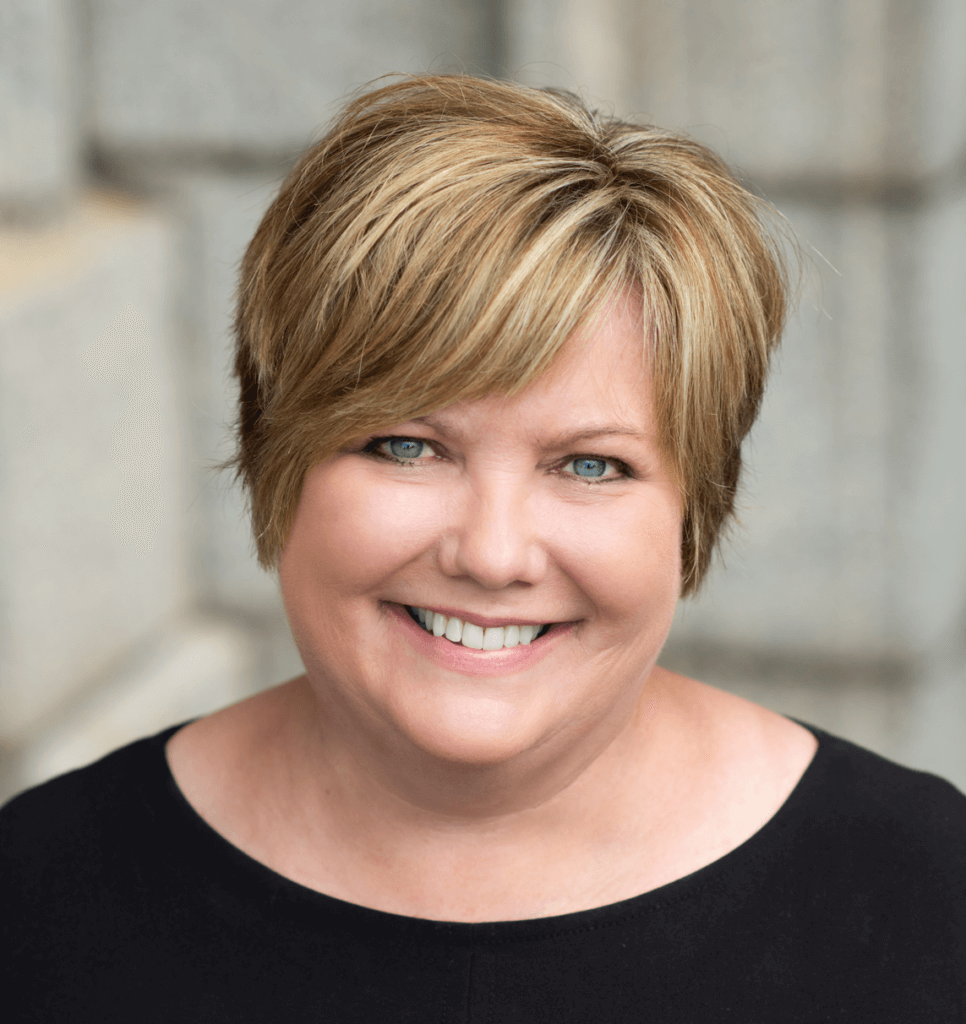
Educators in more than 40 school districts around the state went to their neighbors with a simple proposition. Will you raise your taxes to provide the students in your community with a better education?
The voters overwhelmingly said yes. More than 80 percent of the various funding questions were approved. The hard work of thousands of educators who campaigned for their schools paid off. Tens of thousands of Minnesota students will benefit.
Without question, that’s good news. But it’s not the only story from Election Day 2019. There’s another story. It’s not so good.
It’s the reason why we need to keep fighting for fully funding public education through more equitable means—but first some highlights.
Voters in White Bear Lake approved one of the largest bond referendums in state history—$326 million for building projects in the fast-growing and overcrowded district.
In Worthington, the voters signed off on a new intermediate and elementary school. It was their sixth try in seven years in which a bloc of the community is struggling to accept the growing racial diversity of the city.
Rochester passed a $171 million bond issue for new construction. School officials in Moorhead will build a new high school. Voters in Alexandria approved a 10-year operating levy.
According to an analysis by Education Minnesota, local voters throughout Minnesota approved $133 million in annual operating revenue and another $1.31 billion in new construction and repairs. For comparison, Gov. Tim Walz and the Minnesota Legislature increased education funding by $540 million earlier this year.
Unfortunately, every successful referendum shifts a little more of the burden for paying for public education to Main Street Minnesotans when the multi-millionaires and most powerful corporations already aren’t paying their fair share. This is especially shocking when we remember the wealthiest few are enjoying massive tax breaks doled out by President Donald Trump and his Congress just two years ago.
We could chalk it up to another example of the greedy few rigging the rules in their favor and leaving working people to pick up the pieces, but that explanation is incomplete. This is happening as our schools are rapidly diversifying by race and through immigration. The opportunity gaps between white students and students of color—and wealthy students and students in poverty—are shocking and unacceptable.
Yet Minnesota educators are working in a discriminatory system of education funding defended and perpetuated by a few members of the Legislature. I say to them: If you hold elected office and refuse to raise the revenue from your privileged constituents that Minnesota’s students desperately need to succeed, you are part of the problem. You own a piece of Minnesota’s opportunity gap. You’re responsible, too.
It’s time for our federal and state governments to get serious about providing the resources educators need to prepare our students for successful lives, from smaller classes, to sufficient support staff, to full-service community schools, to high-quality preschool and affordable post-secondary education.
But those resources must be raised equitably. Those who can afford to pay more, should pay more. It’s unfair and unsustainable to keep passing the responsibility for educating our state’s children to our farmers, small business owners and working families through local levies.
So let’s celebrate all those winning levy campaigns. Then let’s start organizing and pushing our leaders to fully fund public education the right way.
Together,
Denise
Twitter: @DeniseSpecht


